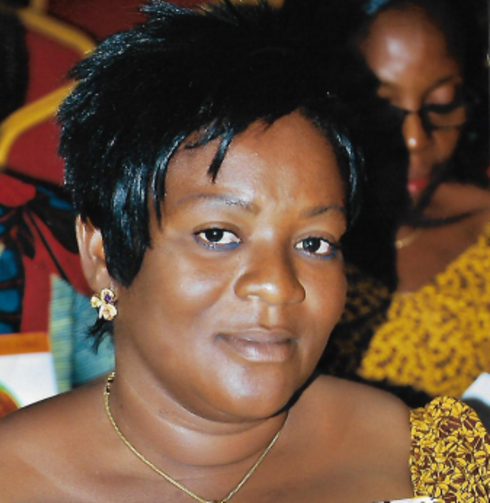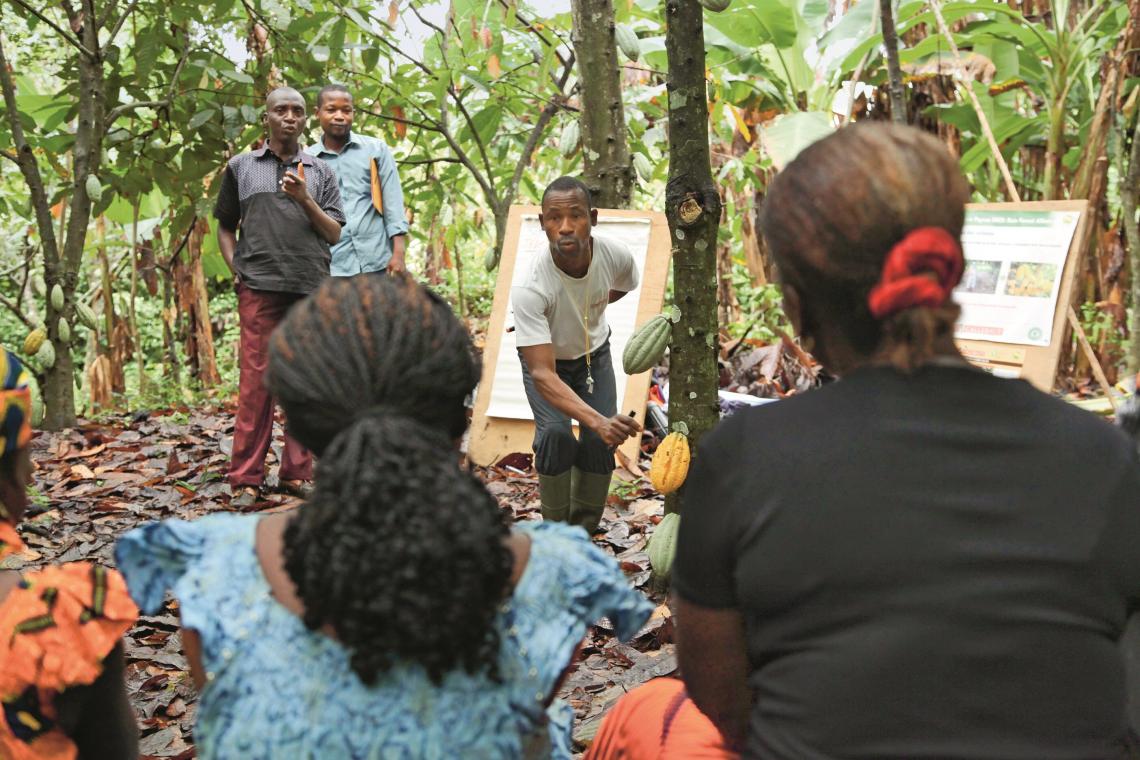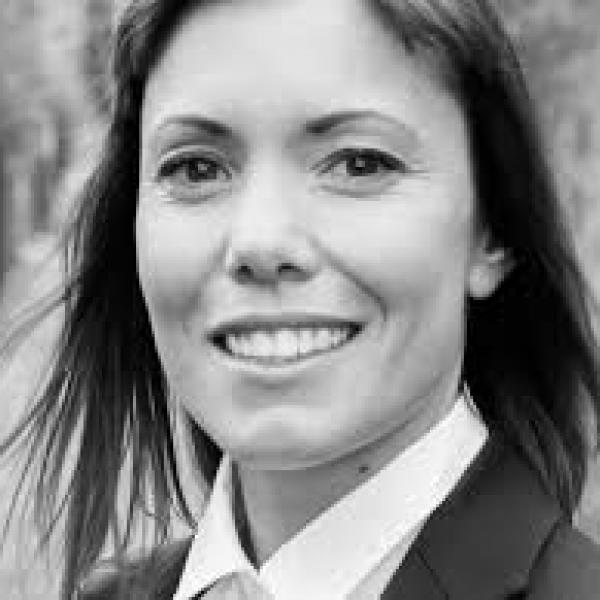On International Women’s Day, Barry Callebaut celebrates women like Marie Tanoh, champion cocoa farmer
On International Women’s Day, Barry Callebaut celebrates women like Marie Tanoh, champion cocoa farmer
It may not seem so unusual that a women’s only cooperative like Marie’s exists. Especially when you consider that women account for nearly half of the world's farmers, and in some countries, up to 60% of the agricultural labor force (FAO, 2011). However, there is often a large gender disparity in the agricultural sector, with women experiencing decreased access to financial support, training, resources and land rights in comparison to their male counterparts. For example, it is estimated that in terms of land ownership, women in sub-Saharan Africa only hold 18 percent of land titles.
For many women in cocoa growing communities, balancing traditional gender roles and duties, such as household tasks and child care, with cocoa production work can be a difficult challenge.

I believe that the role women play is very important for the balance of the family... women can also make additional income to support the family.
Moreover, women working on family operated farms are often not paid for undertaking time intensive tasks like fermenting, harvesting or pruning.
Equal involvement of men and women in cocoa farming can result in very positive outcomes for the lives of whole cocoa farming communities. When women earn or generate their own income, they are also likely to reinvest more in their families, children and communities. This ultimately increases the well-being and sustainability of cocoa-growing communities (Oxfam, 2016).
For Marie, more awareness of the important role women play and an increase in equality is needed, “I believe that the role women play is very important for the balance of the family... women can also make additional income to support the family.”
Women’s empowerment and self-development is seen as vital to increasing women’s contribution to cocoa farming. One way to achieve this is by providing better access to training and education. At Marie’s cooperative, farmers will receive training by Barry Callebaut Société Africaine de Cacao (SACO) in agricultural management and social and environmental practices.
Marie’s cooperative is an example of how closing the gap in gender inequality can ultimately help to improve the lives of all people in the local community. Barry Callebaut has committed, under Forever Chocolate, to make sustainable chocolate the norm. Increasing farmer prosperity is the ultimate prerequisite - and working with women in cocoa growing communities is integral to achieving this goal.
#foreverchocolate #prosperingfarmers #BeBoldForChange #IWD2017

References:
- Food and Agriculture Organization of the United Nations. 2011. The State of Food and Agriculture 2010–2011: Women in Agriculture: Closing the Gender Gap for Development. Rome, Italy: FAO. [available online: http://www.fao.org/docrep/013/i2050e/i2050e.pdf]
- Marston, Ama. 2016. Women’s Rights in the Cocoa Sector: Examples of Emerging Good Practice.Oxfam Discussion Papers. Oxfam International. [available online https://www.oxfam.org/en/research/womens-rights-cocoa-sector]
- OECD. 2014. Social Institutions and Gender Index 2014 synthesis report. OECD.
